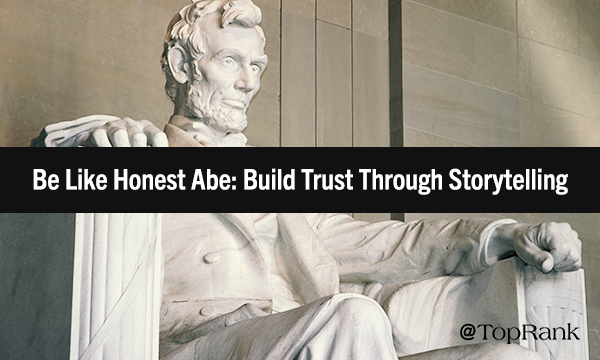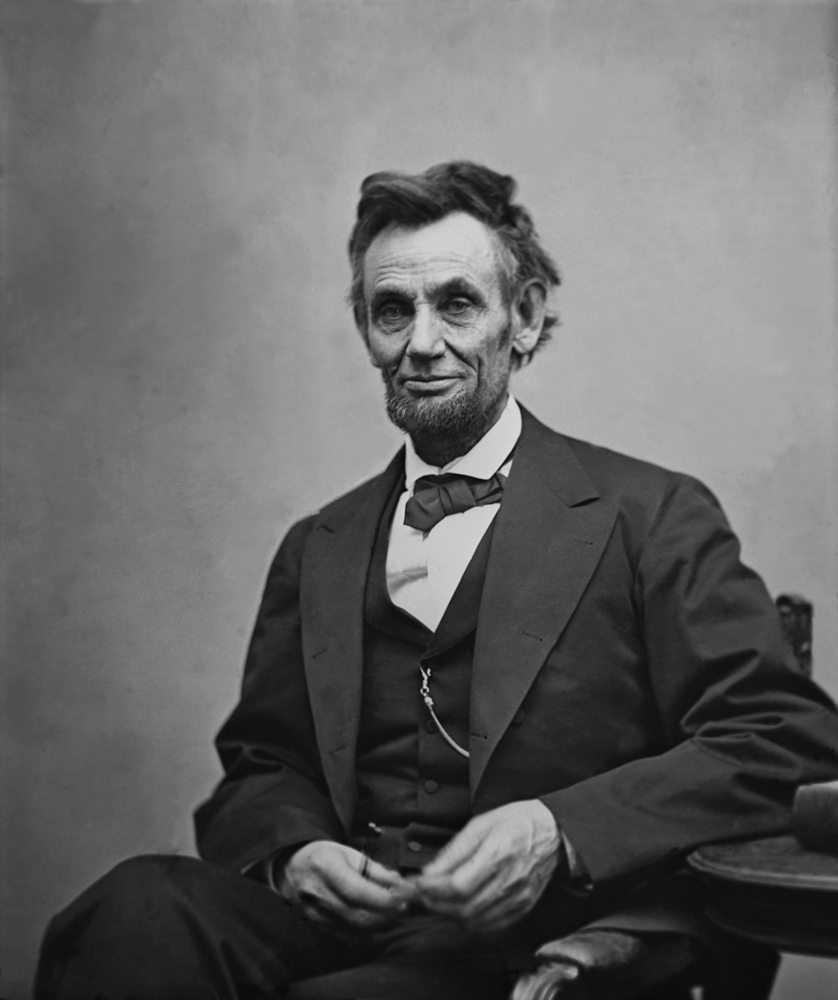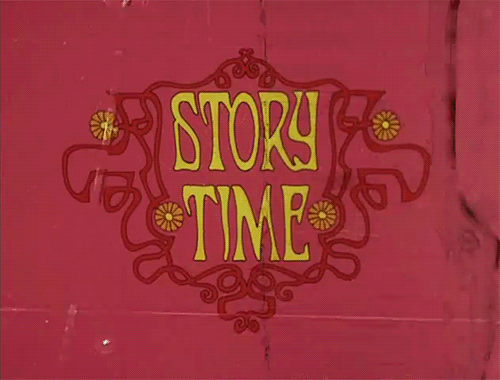But one of the less-discussed benefits of storytelling might be among the most important in today’s context: it builds trust with your customers and prospects. Last year at Quartz, Dacher Keltner wrote about how good leaders tell stories that make people trust them with power, citing Lincoln as a prime example. Storytelling, whether it’s reporting the news or writing a memoir, involves the active selection and ordering of some information and the omission of other information. Tying multiple pieces of information together in a coherent, chronological, and — above all — relatable way makes the message far more affecting. There’s an actual psychological phenomenon behind this: our brains give preference to the familiar. What’s Your Story? As you contemplate your brand narrative and how you’ll present it going forward, I encourage you to keep these three cornerstones in mind: authenticity, relevance, and familiarity. When storytelling incorporates all three elements successfully, it can build trust in ways unparalleled by other methods. Storytelling can not only build trust, but also influence with your audience. At TopRank Marketing, storytelling is a core component of our content marketing approach.

Pardon me for telling the same old story once again …
This isn’t news. It has become a central talking point throughout the business world, and one we’ve discussed quite frequently here on the TopRank Marketing Blog.
Compelling narrative is impactful for fairly obvious reasons: it captivates a reader, keeps them engaged, and tends to leave a lasting impression. The psychological power of storytelling has endured from ancient times, and outweighs any new technology or tactic that comes along.
But one of the less-discussed benefits of storytelling might be among the most important in today’s context: it builds trust with your customers and prospects. Today, we’ll examine how this dynamic works and why every marketer should be on board.
Storytelling Was Abraham Lincoln’s Greatest Strength

“Four score and seven years ago…”
With these six words, Abraham Lincoln launched the Gettysburg Address, one of the most famous speeches in American history. He set up a persuasive argument in favor of human equality by calling to mind the nation’s origins, and the principles that formed its foundation.
Last year at Quartz, Dacher Keltner wrote about how good leaders tell stories that make people trust them with power, citing Lincoln as a prime example.
Keltner suggested that the 16th president’s “ability to shape moving narratives about the Civil War and the organizing principles of the United States was … crucial to navigating the fractious politics of his presidency.”
Modern marketers are not tasked with bridging a divided country, but we do face an uphill battle in this crowded, fractured digital setting. And with trust toward media, organizations and institutions diminishing, stories present an underrated vehicle for fostering connections and establishing credibility.
Lisa Saffran, who teaches Storytelling in Public Health at the University of Missouri, explains that storytelling injects an element of humanity, which might be particularly helpful for B2B companies:
“Human beings are primed to tell stories but also to listen for the person behind a story being told. Storytelling, whether it’s reporting the news or writing a memoir, involves the active selection and ordering of some information and the omission of other information. Principles of selection inform what questions we ask and which answers we might receive. This directing, ordering and selecting reflects a human consciousness at work, a person with beliefs, assumptions and suspicions.”
Everywhere you look, the tactic is becoming more ingrained.
Stories Are Growing More Ubiquitous
Every content creator should consider themself a storyteller. When we write, we are invariably sharing a story: about our solution, about our customers, about the pains we can help solve. And the integration of narrative is extending beyond marketing copy.
Sales professionals are incorporating stories into their presentations and pitches. Companies use stories to attract quality talent. The video marketing movement is largely driven by storytelling and its innate resonance, reflected by the rapid growth…

COMMENTS